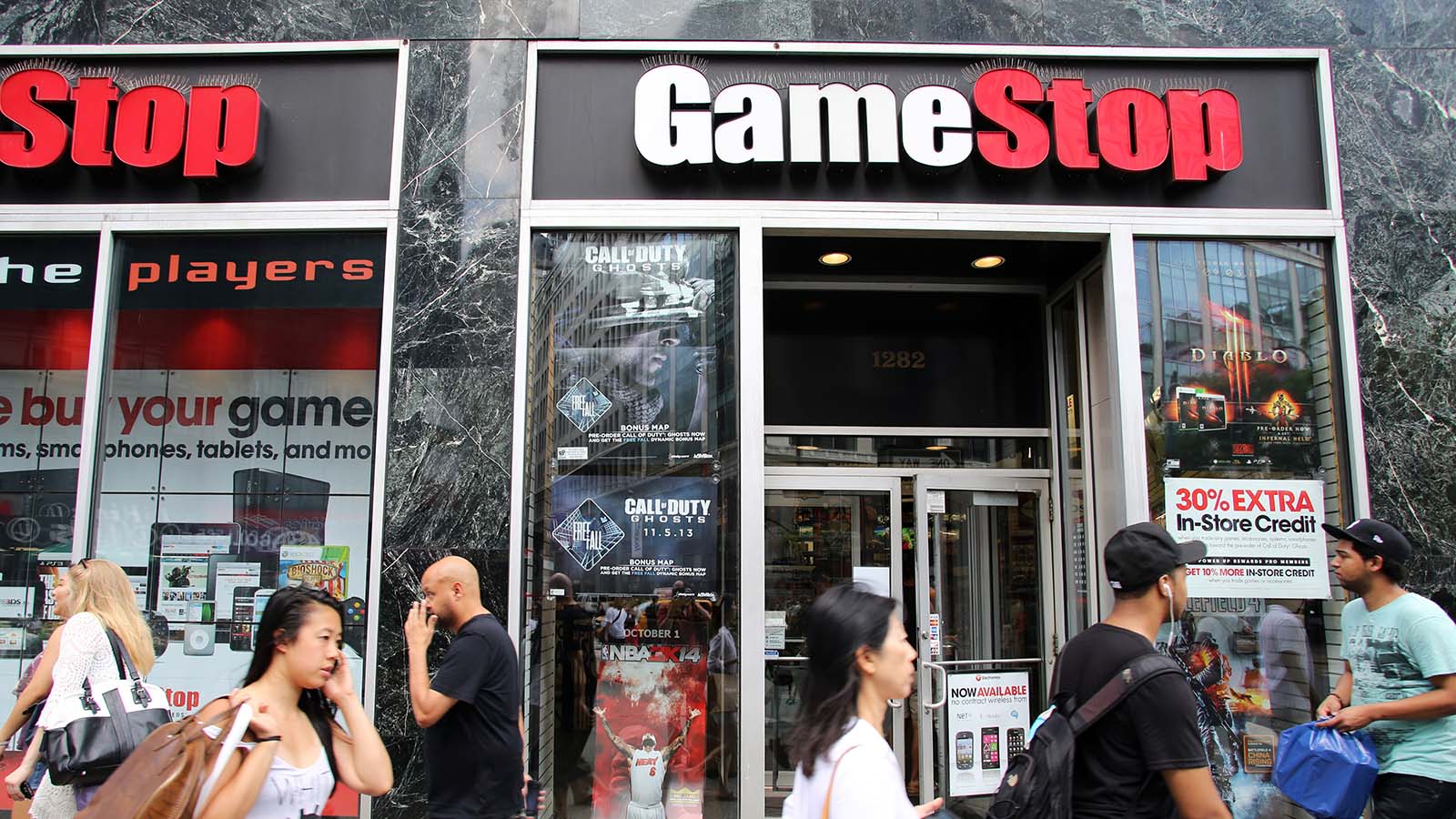
Earlier this week, GameStop (NYSE:GME) reported second-quarter earnings, beating analyst estimates on sales growth and pushing up GME stock in the process. But the momentum hasn’t lasted. Instead, today brings reports that Executive Chairman Ryan Cohen is being investigated by the U.S. Securities and Exchange Commission (SEC).
Of course, this SEC probe has nothing directly to do with GameStop. Rather, it concerns another popular meme stock: Bed Bath & Beyond (OTCMKTS:BBBYQ). When Cohen abruptly decided to cash out of his large Bed Bath stake in August 2022 — walking away with $68 million in profits — the news sent shares crashing. Now, the regulatory agency is looking into the sale as well as Cohen, the infamous “meme stock king.”
Let’s take a closer look at how this could impact GME stock in the months to come — and assess what investors can expect.
What’s Happening With GME Stock?
Even with the recent earnings bump, GME stock has struggled significantly this week. Today, shares closed down by about 6%. The Ryan Cohen SEC probe may not be the only reason for these declines, but it certainly isn’t helping things. As InvestorPlace contributor Dana Blankenhorn reports, GameStop now trades “based on its fundamentals as a no-growth and marginally profitable retailer.”
That’s concerning enough on its own. But with Cohen’s legal problems causing further uncertainty, investors will have even more reason to approach shares with caution. The fact that both GME stock and fellow meme favorite AMC Entertainment (NYSE:AMC) are falling amid the probe news should remind investors just how unstable meme stocks can be.
Last August, Bed Bath & Beyond had surged to impressive heights on short squeeze momentum. When Cohen offloaded his massive stake in the company, though, it shocked markets. This quickly led to an outcry from investors and attempts at legal action. The Wall Street Journal reports:
“A group of Bed Bath and Beyond investors sued Cohen last year in Washington, D.C., federal court, alleging he committed fraud because he was aware of bad news about the company that hadn’t been disclosed when he sold his shares. They claim his statements on Twitter and in SEC filings were part of a pump-and-dump strategy that left small investors nursing big losses.”
WSJ also notes that SEC investigations can be long and complicated. While GME stock may bounce back from the current downward momentum on retail investing energy, some institutional investors may be liable to jump ship.
All of this suggests that darker days are ahead for the video game retailer. Despite its forays into non-fungible token (NFT) markets, among other fields, it’s important to remember: At its core, GameStop is a plastic disc retailer with an outdated business model. Now, investors have even more reason to run the other way before shares fall further. Regardless of what the probe turns up, Cohen’s credibility is also at risk of being compromised.
On the date of publication, Samuel O’Brient did not hold (either directly or indirectly) any positions in the securities mentioned in this article. The opinions expressed in this article are those of the writer, subject to the InvestorPlace.com Publishing Guidelines.






